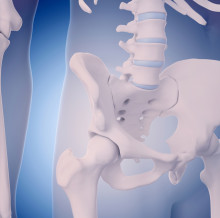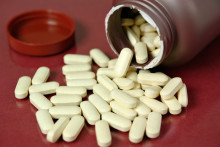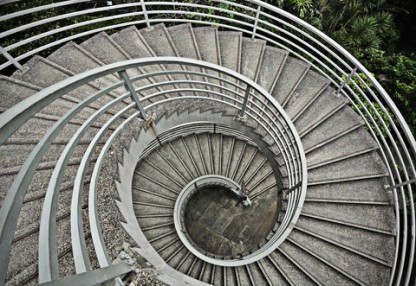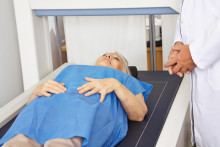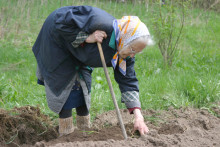Osteopenia is a close relative of the bone-weakening disease, osteoporosis. It, too, is bone mineral density that is lower than normal, but it?s not low enough to qualify for a diagnosis of osteoporosis. If you have osteopenia, it?s important to strengthen your bones, because you are at greater risk for osteoporosis and bone fractures in the future.
Your risk for osteopenia increases as you age, because bones begin to break down faster as you get older. In women, the rate of bone loss speeds up dramatically after menopause because the body no longer produces the hormone estrogen, which helps build bones. Other risk factors include a family history of osteoporosis and a slim body frame. You may also be more prone to thinning bones if you?ve had an eating disorder like anorexia, you received radiation or chemotherapy to treat cancer, or you took steroid medicine to treat an autoimmune disorder such as rheumatoid arthritis.
Osteopenia doesn?t cause any symptoms. You might not realize you have weak bones until the condition progresses and you develop a fracture. Your doctor can diagnose osteopenia and osteoporosis with a bone density test, called a dual-energy x-ray absorptiometry (DXA) scan. This test compares the mineral content, or density, of your bones against those of a younger person of your gender. The result is reported as a T-score. A T-score of between -1.0 and -2.5 means you have osteopenia. A score of -2.5 or lower means you have osteoporosis.
If your bone density is low, your doctor will recommend that you start doing more weight-bearing exercises, such as walking or dancing. Nutritional interventions include getting more calcium and vitamin D, and limiting caffeine and alcohol. Bone-building medicines such as alendronate (Fosamax), risedronate (Actonel), or raloxifene (Evista) may also be an option.


